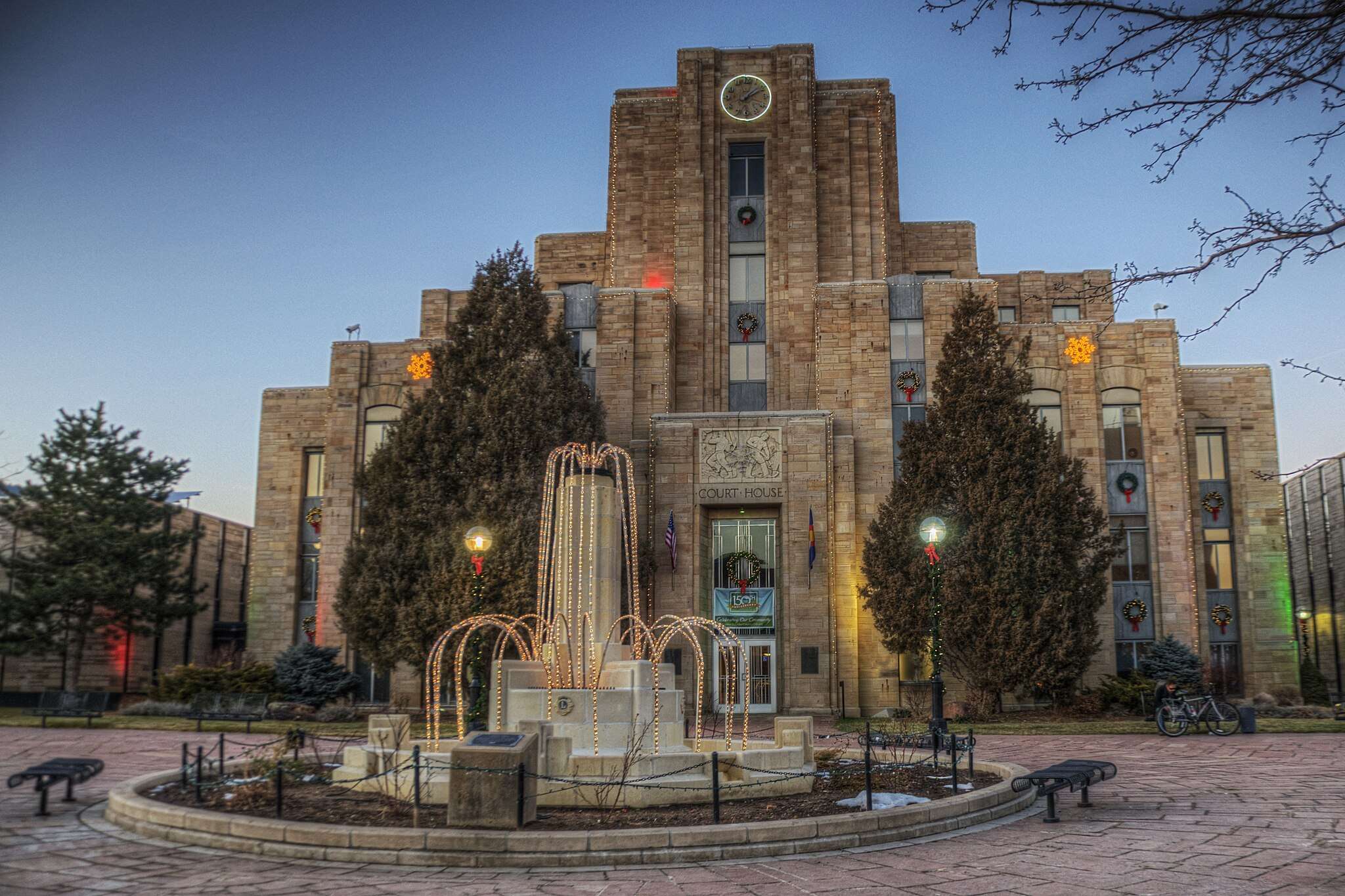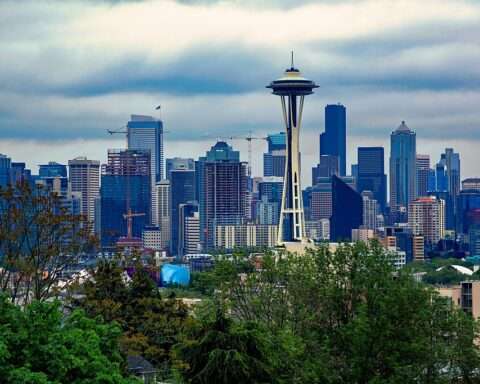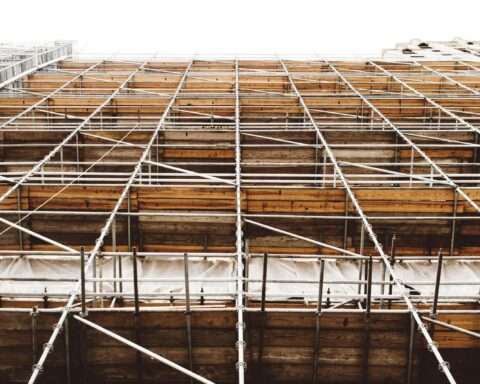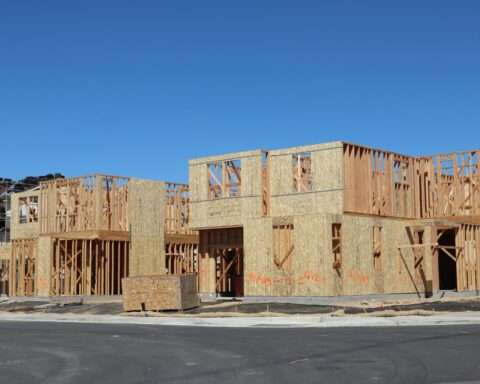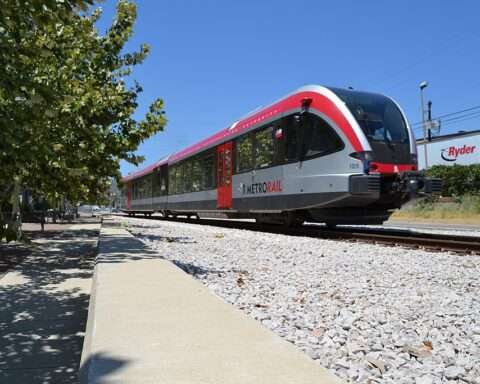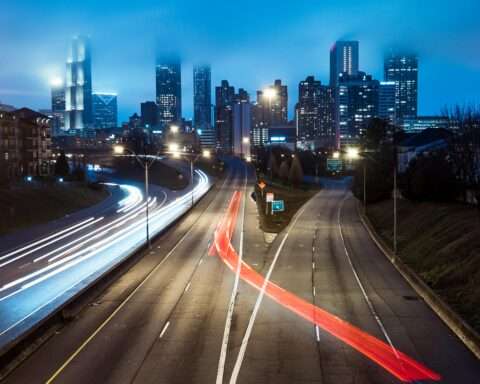Officials with the city of Boulder, Colorado, has approved a $789.5 million Capital Improvement Program (CIP) spanning the next six years. The city plans to spend $113.3 million in 2026 alone in its adopted capital budget.
The plan details seven city departments that have planned spending on capital projects between 2026 and 2031. The dedicated 2026 budgets for these departments include:
- Utilities – $58.2 million.
- Transportation and Mobility – $25.7 million.
- Community Vitality – $12.1 million.
- Open Space Mountain Parks – $5.9 million.
- Parks and Recreation – $4.9 million.
- Innovation and Technology – $1.7 million.
- Facilities and Fleet – $1.4 million.
A majority of the spending plan will be dedicated to capital maintenance and enhancement, aligning the city’s CIP with sustainability, equity and resilience frameworks.
Among the larger projects included in the CIP, the first phase of the South Boulder Creek Flood Mitigation project is estimated to cost $66.6 million. The project will include building a 2,700-foot concrete floodwall alongside an earthen embankment to detain up to 467 acre-feet of water. Additional work includes creek restoration, wetland enhancements and habitat improvements.
After examining three of its Indoor Recreation Centers, the city determined that the East Boulder Community Center requires a deep energy retrofit and renovations to update its amenities. The project is estimated to cost $53 million. The city plans to invest a total of $49.8 million to manage its pavement infrastructure, covering a 300-mile street system. The funds will go toward resurfacing pavement, incorporating improvements to bicycle, pedestrian and transit facilities as part of the effort.
A combined $46 million is planned to be used to build two new fire stations, replacing Fire Stations 2 and 4. These facilities have lived past their life span and can no longer accommodate the Fire Department’s needs. Both replacement facilities will be of a similar design and slated to be devolved with sustainability and social goals in mind. The city has already acquired property for both sites.
Boulder’s water transmission system is due for a series of improvements, with an allocated $46.6 million over the next six years to enhance the city’s water infrastructure. Major projects featured in the budget include:
- Replacing undersized pipelines along 63rd Street and South Broadway.
- Rehabilitating the 1923 Chautauqua storage tank and its connections.
- Adding a second storage tank in east Boulder.
The city will spend $24.8 million to address critical needs in city-owned parking garages. These efforts will center around making repairs and performing maintenance to sustain the structures’ safety, longevity and functionality.
The second phase of the Civic Area Phase 2 project is projected to cost $15 million, with a total of $10 million scheduled to be spent in 2026 alone. The urban park will play into the city’s goal to support local communities with accessible greenspace areas. The project calls for developing a recreational river park in the city’s downtown area, flanked by nearby civic, cultural and commercial development areas.
Photo by Yuya Sekiguchi, CC BY 2.0 https://creativecommons.org/licenses/by/2.0, from Wikimedia Commons



